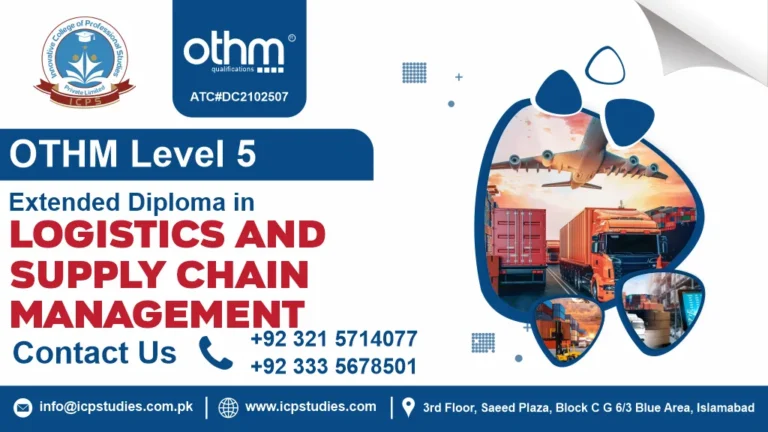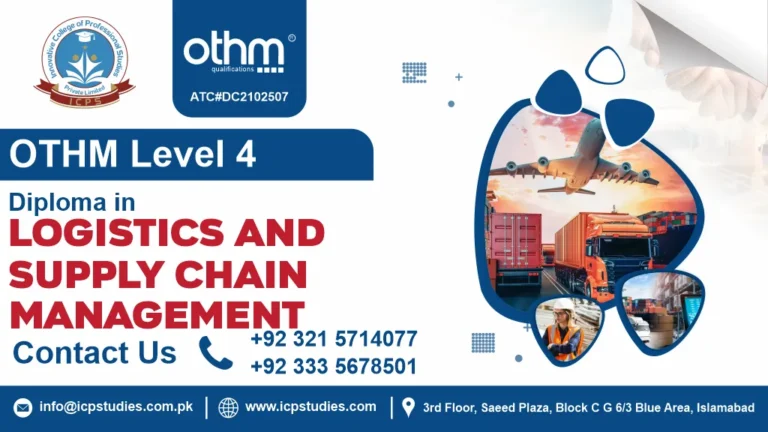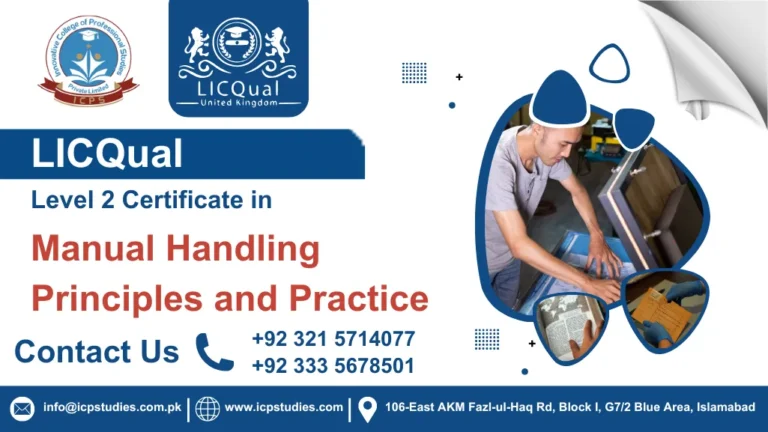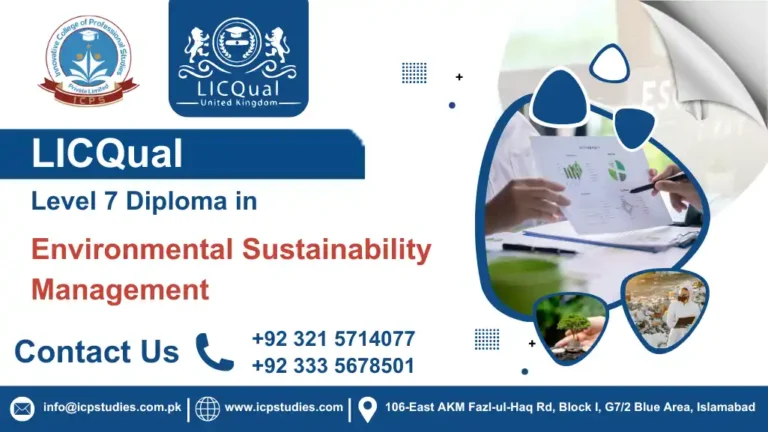In an era where environmental sustainability is more than just a buzzword, businesses across the globe are striving to minimize their environmental footprint. One of the most effective ways to achieve this is by implementing an Environmental Management System (EMS) aligned with the ISO 14001 standard. But what exactly is ISO 14001, and why is it so crucial for businesses today.
ISO 14001 is an internationally recognized standard for environmental management systems, published by the International Organization for Standardization (ISO). It provides a framework that organizations can follow to manage their environmental responsibilities in a systematic manner, thereby contributing to the environmental pillar of sustainability.
ISO 14001 provides a structured approach to environmental management that can yield significant benefits for organizations. From reducing environmental impacts and ensuring regulatory compliance to enhancing reputation and achieving cost savings, the advantages are substantial. For businesses aiming to lead in sustainability, adopting ISO 14001 is not just a good practice—it’s a strategic imperative.
All About ISO 14001 — Environmental Management System
Course Overview
ISO 14001 is an internationally recognized standard for Environmental Management Systems (EMS) developed by the International Organization for Standardization (ISO). It provides a framework for organizations to effectively manage their environmental responsibilities in a systematic manner. The standard helps businesses identify, prioritize, and manage environmental risks, as well as opportunities for improvement.
By implementing ISO 14001, organizations can improve their environmental performance, reduce environmental impacts, ensure compliance with applicable legal and regulatory requirements, and enhance their reputation as environmentally responsible entities. ISO 14001 certification is often pursued by organizations to demonstrate their commitment to environmental sustainability to stakeholders, customers, and the public.
Study Units
- Introduction to Environmental Management Systems (EMS)
- ISO 14001 Overview
- Environmental Policy
- Planning
- Implementation and Operation
- Checking and Corrective Action
- Management Review
- Integration with Other Management Systems
- Case Studies and Best Practices
- Auditing and Certification
- Continuous Improvement
Entry Requirements
- Age Requirement: Candidates should be at least 18 years old.
- Professional Background: Relevant experience in environmental management, sustainability, or a related field is recommended.
- Educational Qualifications: A minimum of a Level 3 qualification in environmental science, management, or a related area is generally preferred.
- Basic Knowledge of Environmental Principles: Familiarity with basic environmental management concepts, terminology, and practices is beneficial.
- Training Experience: While not mandatory, prior experience in delivering training or participating in environmental management activities is an advantage.
- Communication Skills: Strong verbal and written communication skills are essential for understanding and discussing environmental topics.
- Basic IT Skills: Proficiency in using IT tools for preparing documents and presentations related to environmental management.
- Commitment to Continuous Learning: A willingness to engage in ongoing professional development in environmental management practices.
These requirements may vary by training provider, so it’s advisable to check with the specific organization offering the ISO 14001 training for their exact criteria.
4o mini
The ISO 14001 — Environmental Management System course is designed for:
- Environmental Managers: Individuals responsible for developing and implementing environmental management strategies within organizations.
- Sustainability Professionals: Those focused on promoting sustainable practices and reducing environmental impact.
- Compliance Officers: Professionals ensuring that organizations adhere to environmental regulations and standards.
- Quality Assurance Managers: Individuals involved in maintaining and improving organizational standards, including environmental performance.
- Project Managers: Leaders overseeing projects that require compliance with environmental management principles.
- Health and Safety Managers: Professionals responsible for integrating health, safety, and environmental management systems.
- Consultants and Auditors: Those advising organizations on environmental management practices and compliance with ISO standards.
- Anyone Interested in Environmental Management: Individuals seeking to expand their knowledge and skills in environmental management systems.
This course is ideal for anyone looking to implement or enhance environmental management practices within their organization, contributing to sustainability and regulatory compliance.
Learning Outcomes
This course on ISO 14001 – Environmental Management System is designed for a wide range of individuals and professionals who are interested in or involved in environmental management, sustainability, and organizational development. Here’s who this course is typically tailored for:
- Environmental Managers and Coordinators: Professionals responsible for overseeing environmental programs and ensuring compliance with environmental regulations within organizations.
- Quality Managers: Individuals involved in quality management systems who wish to expand their knowledge and skills to include environmental management.
- Sustainability Officers: Professionals focused on integrating sustainability principles into organizational operations and strategy.
- Business Owners and Executives: Entrepreneurs, business owners, and senior executives seeking to implement environmental management systems to improve sustainability performance and meet stakeholder expectations.
- Consultants: Environmental consultants, sustainability consultants, and management system consultants looking to deepen their understanding of ISO 14001 and provide guidance to clients.
- Environmental Engineers: Engineers involved in designing, implementing, or managing environmental systems and processes within industrial or manufacturing settings.
- Students and Researchers: Undergraduate and graduate students studying environmental science, environmental engineering, sustainability, or related fields who want to gain practical knowledge of ISO 14001.
- Government Officials: Regulatory officials, policymakers, and government employees responsible for overseeing environmental regulations and standards compliance.
- Nonprofit and NGO Staff: Professionals working in nonprofit organizations, non-governmental organizations (NGOs), and advocacy groups focused on environmental conservation and sustainability.
- Anyone Interested in Environmental Management: Individuals with a general interest in environmental issues and a desire to learn how organizations can effectively manage their environmental responsibilities.
This course is suitable for both beginners who are new to environmental management systems and experienced professionals seeking to enhance their skills and knowledge in ISO 14001 implementation and compliance.
FAQs about ISO 14001 — Environmental Management System





